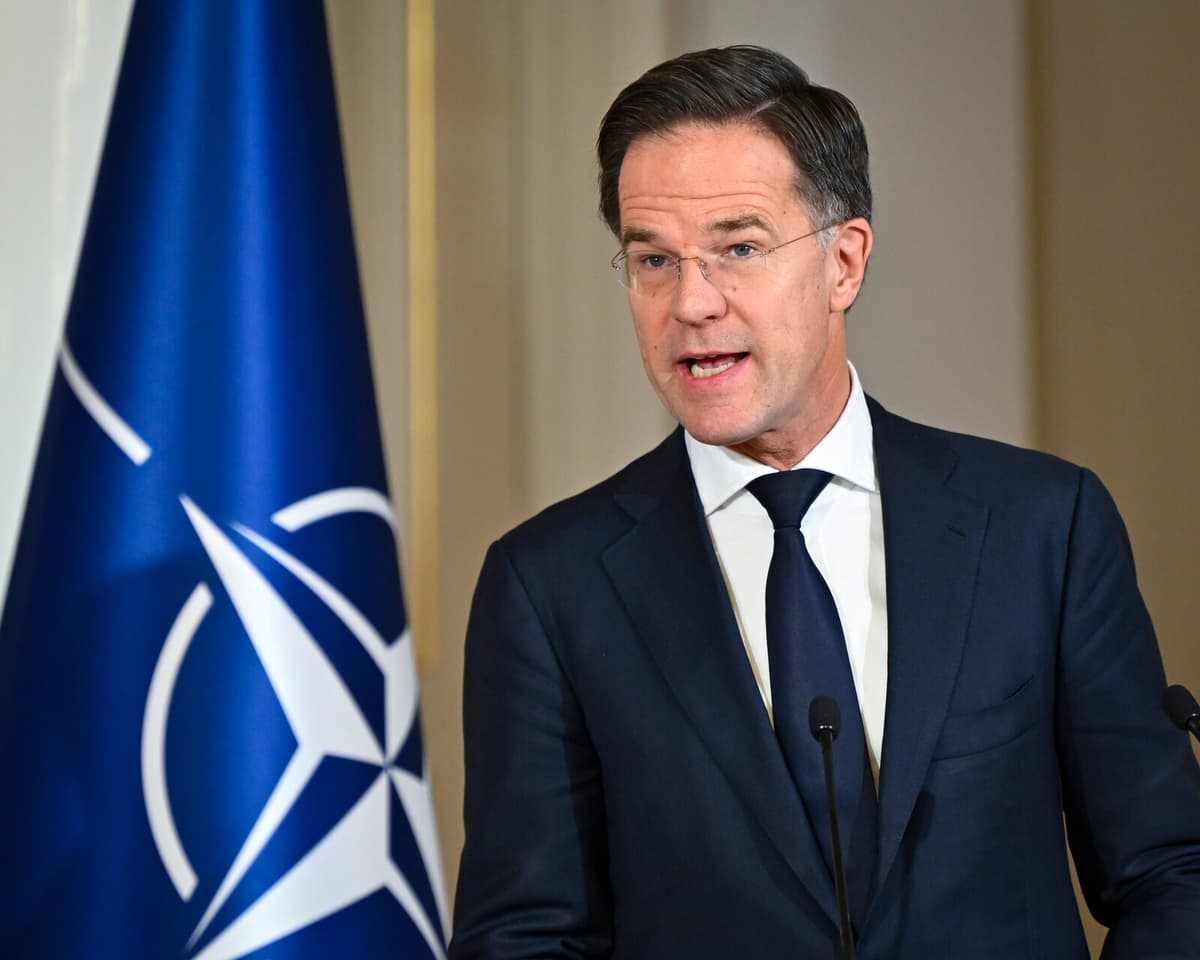During the Nato summit in Helsinki, Finland was mentioned several times as a pioneer country for its handling of Eagle S, the tanker suspected of having damaged several important cables in the Baltic Sea.
Nato's Secretary-General Mark Rutte emphasized that Finland has proven that it is possible to act resolutely within the narrow framework of maritime law.
Those who believe that maritime law prevents Nato countries from acting are wrong. There are several possibilities for action. I will not go into details, but I can guarantee that we are firmly determined to protect critical infrastructure.
Affecting Jurisdiction
Shortly afterwards, Alexander Stubb, Finland's President and host of the summit, announced that Nato would investigate the matter thoroughly with the help of an expert group consisting of the Baltic States' foreign ministries.
If several states agree on how to act, it can affect jurisdiction in the long run, according to Henrik Ringbom, professor of maritime law at Åbo Akademi.
I believe it can result in a new practice. It is important since there has been some hesitation, he says, and emphasizes that maritime law is not clear-cut when it comes to sabotage outside territorial waters.
In the case of Yi Peng 3, where Sweden is investigating suspected sabotage of underwater cables, it took 32 days for authorities to board the ship.
"Cannot just stand by"
Just like Eagle S, it was outside territorial waters when the suspected sabotage was discovered, says Henrik Ringbom.
A significant difference is that Eagle S cooperated with Finnish authorities when they asked the ship to move towards territorial waters. That made it unnecessary to take drastic measures.
Regardless, I do not think countries can just sit and watch when sea cables are destroyed. What is interesting to look at is whether countries have the authority to act even when ships do not move voluntarily towards territorial waters.
Can Sweden act in the same way as Finland if a similar situation were to arise in the future?
It is an interesting question, said Prime Minister Ulf Kristersson directly after the summit.
We cannot accept that a rule-based order is abused in such a way that infrastructure is systematically destroyed. That is why we agreed to produce a legal analysis of exactly what can be done.






